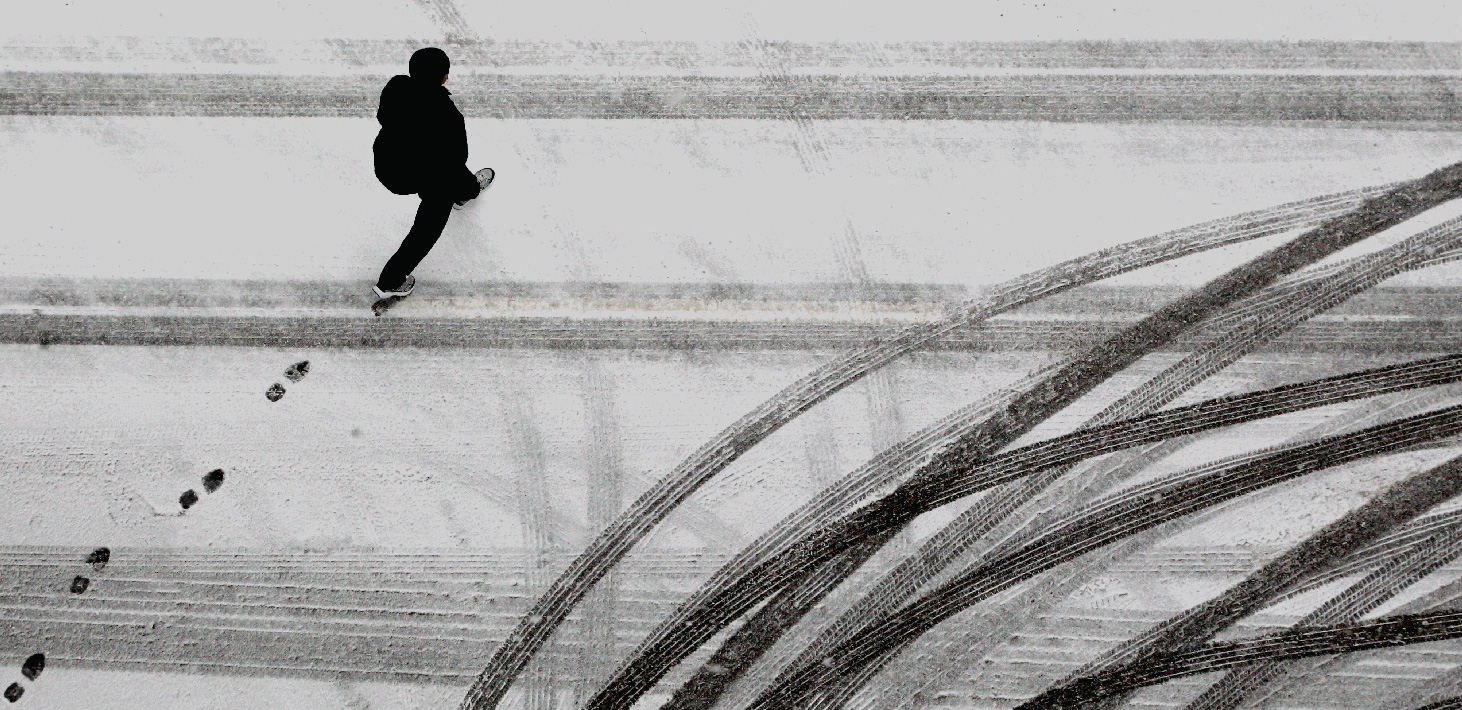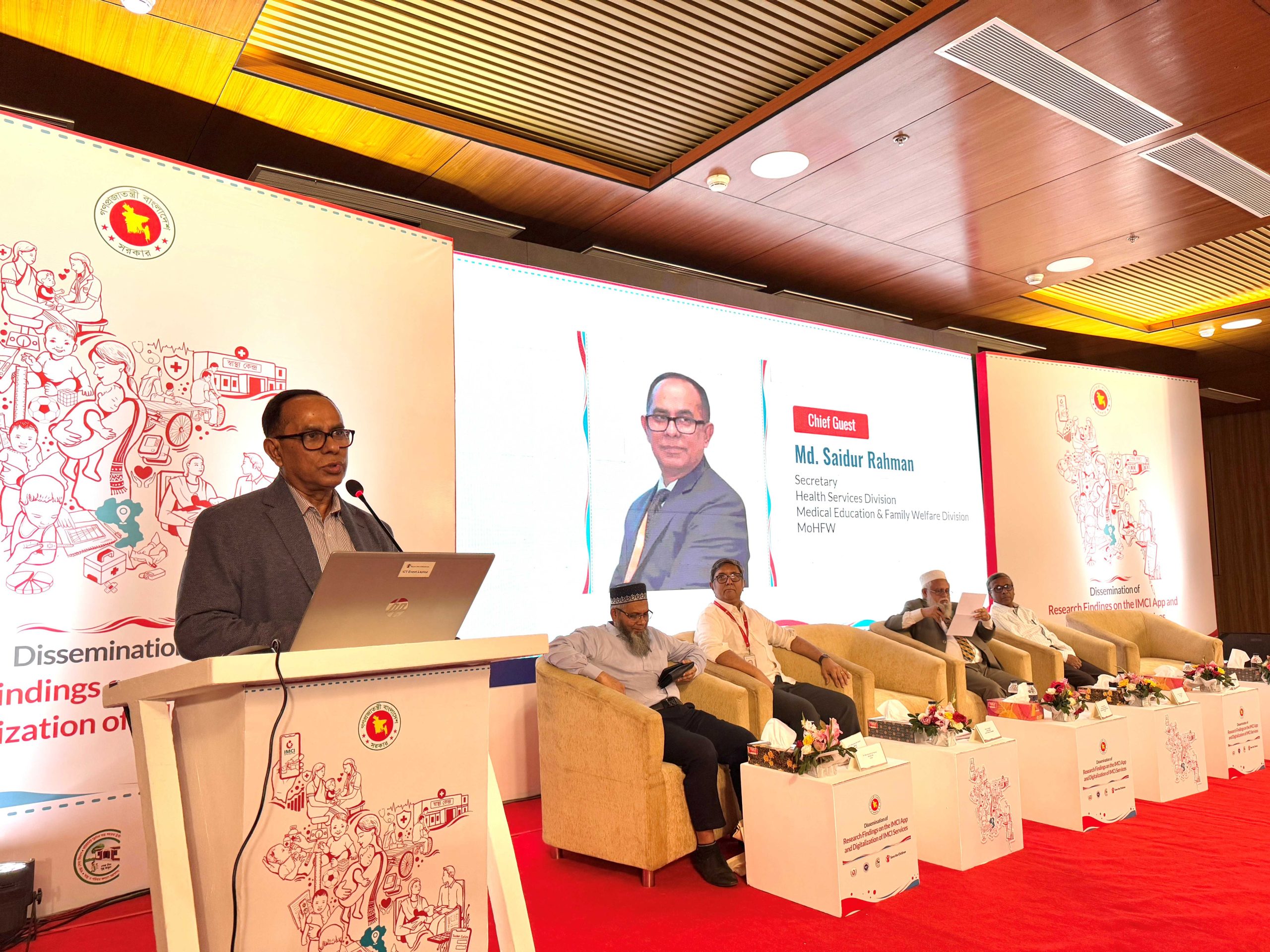Independence and togetherness in the journey of life
SM Zakaria
‘And of everything, We have created pairs that you may remember,’ The Quran says in Sura Adh-Dhariyat, 51:49. And in Sura Nisaa (4:1) Allah says, ‘O mankind! Reverence your Guardian-Lord who created you from a single person, created of like nature, his mate, and from them twain scattered countless men and women – reverence God, through whom ye demand your mutual (rights), and (reverence) the wombs (that bore you) : for God ever watches over you.’
The first cooperative in human civilization was born out of the association of Adam and Eve; it was an imperative, for they were created together and made to live together. Has the togetherness been a simple bond without any ostensible ‘raison d’etre’?
Man’s experience from the day of his existence on this earth, ratifies that the togetherness comes as irrevocable, at least, in terms of maintaining continuity of his existence through reproduction and cohabitation which, conceivably, is the last frontier of human consumption and which serves as the indispensable string for holding man and woman together, and in the process, contributing to the rise of societies as derivatives of human coupling.
What prompted man to build social bonds? Perhaps necessity. Man’s tendency to hold his self above everybody and everything else suggests – had there been any option for him to go by himself; ensure safety for himself in respect of all needs , he would have, in all probabilities, avoided and ignored the strenuous relationships with fellow humans, especially women who hold onto him as a nagging liability. He would then live all by himself – an INDIVIDUAL – lord of himself, capable to meet his needs and to protect himself against odds and ordeals.
But, reality incapacitates an individual in taking care of himself – at birth, he needs nursing by parents, doctors, relatives, neighbours as the case may be; in childhood and up to a point in adulthood, he needs teachings by parents, teachers, preachers, relatives, neighbours, funding by proper persons; at the full-blown youth, he needs jobs, assistance for entrepreneurial development; he needs entertainment offered by people other than himself; this person is protected by law enforcers from criminals of all sorts. That displays the individual in man has to rely from birth to burial on the collective.
In the nature, the nightly darkness overshadows day light, man takes birth to die, tangible and intangible goods serve our purpose, there are times you laugh and there are times you cry, soil and water go together, matter and anti-matter, solid and liquid complement each other. No existence in the creation is unique, nothing in the universe apparently can sustain of its own. Dependence, complementarity, mandatory mutual transactions define the creation, especially mankind. But, the individual represents the core – that multiplies to generate into a collective body, an amalgam, a society of man, matter and anti-matter.
The metaphysical or biological entity is invariably an individual, be it a human, an animal or a plant. A society or a group does not hold any metaphysical or biological character. An individual possesses a body, a mind and a soul – he sees with eyes, hears with ears, touches with hands, perceives and acquires knowledge with brain. Since a society or a community does not have biological organs and is defined as a constellation of biological individuals devoid of a tangible existence, it cannot itself see, hear, touch, perceive and acquire knowledge. Societal observation, listening, perception and knowledge do not precisely represent that of an individual, rather those are a blending, an amalgam of the activities, ideas, thoughts, perceptions and knowledge of the constituent individuals.
In a sense, the individual could do without the society, for he owns physical properties necessary to live, but in the backdrop of the nature – the will and rule of the divinity, he is helpless; the very birth of him absolutely depends on the activities of more than one person; nobody respects his right to liberty during his birth and death.
But, the founding fathers of America sought to create a country through the declaration of independence and adoption of a constitution that protected an individual’s right to life, liberty, property and the pursuit of happiness. They were not wrong in seeking to protect those rights of the individual, but the rights were and are corollary to the rights of other individuals.
Life is biological which is purely an individual possession, but liberty exists in relation to others, property is accumulated through transactions with the others and pursuit of happiness is a relativity and brings other individuals in. All these necessitate a collective body, a society, a community to facilitate fulfillment of the purpose of life – thus the biological existence of body and mind is real, but not viable. Without viability, life becomes valueless, a losing concern, not livable; pairing and multiplying and socialising makes it worthy and reasonable.
Every individual is an institution, because by creation, he is related to others, his actions affect others’ interests: President Bill Clinton, although a total individual was denied the right to mix with his lover and President Richard Nixon got devastated attempting to apply his individual desire of knowing others’ plans and programmes stealthily. So individualism must be shaped by collectivism to sustain and be meaningful.
Individualism is productive; man’s love of and bias towards himself pushes him to produce and acquire wealth as long as he can hold and consume and on the other hand, wealth separates him creating the field of individualism strong to stronger so he can amass and protect his wealth better and better. Individualism and wealth takes a form of vice versa. But, wealth generates in collective efforts and catches man in an uncanny situation of dualism, contradiction, a contra-ism.
The modern era of mindless accumulation of wealth explains the rise of individualism, particularly in the developed nations. The neglect of collectivism in the process, has started taking its toll wiping societies of love, sympathy, empathy, cooperation, happiness and peace, and eventually, corroding the reservoir of wealth with shifts of global vaults to other nations.
Nevertheless, individualism warrants respect if business is to flourish and wealth to pile up, but sustainability is inalienably the product of collectivism and there must be a compromise, a balance between the two if man means a peaceful world for him.















